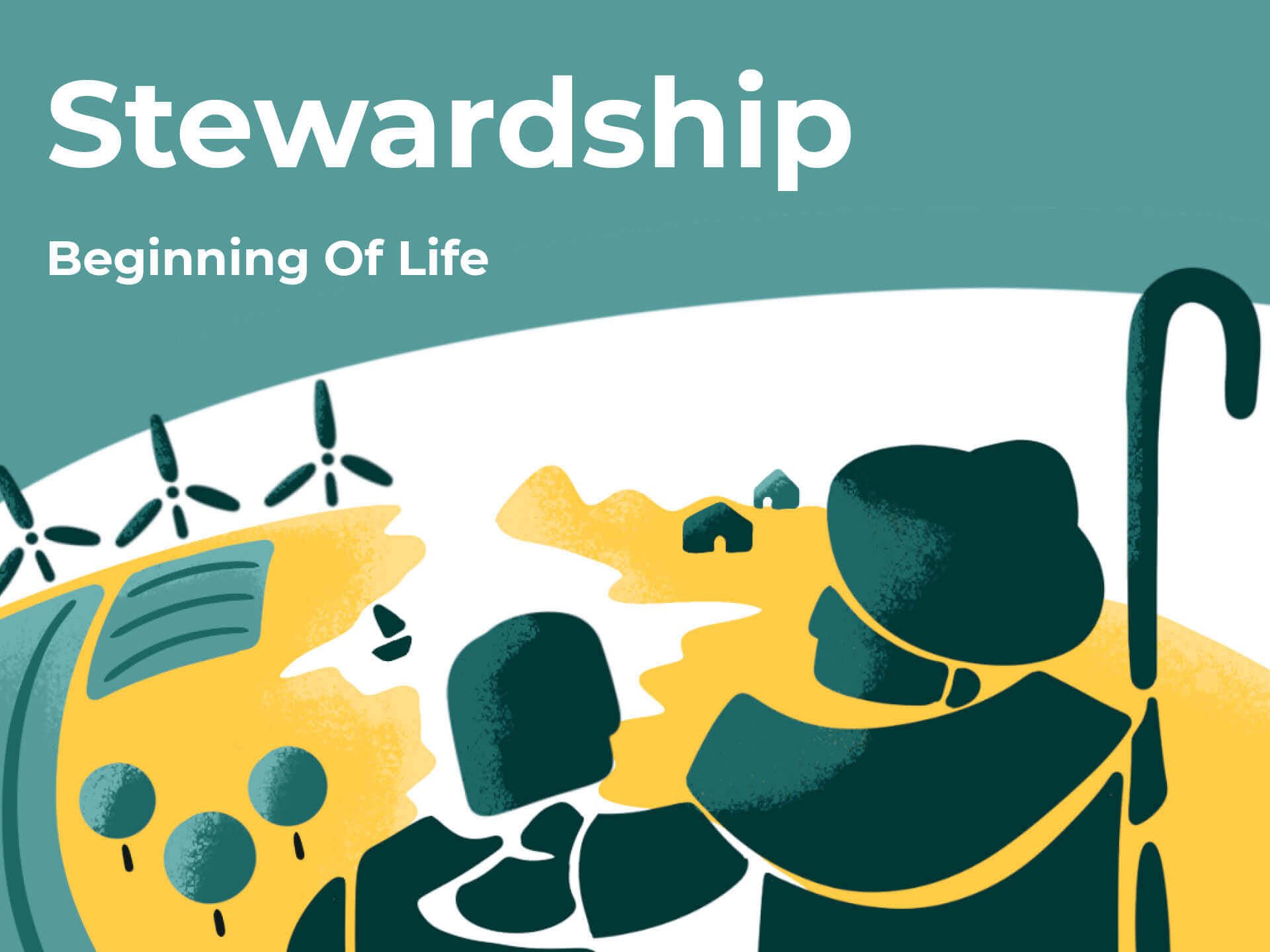End of Life
About this series
This 11-part series will help us to understand and apply the Bible’s teaching on God’s plan for us to steward the gifts he has given us and therefore the type of people he is calling us to be in our day.
The entire message of the Bible reflects the statement in Psalm 24:1, “The earth is the Lord’s, and everything in it, the world, and all who live in it” (cf. Psalm 89:11). And yet we must balance that with the fact that God has also called mankind to steward his creation: “The highest heavens belong to the Lord, but the earth he has given to the human race” (Psalm 115:16) In making the distinction between God’s rule and our delegated rule, John Stott says, ‘Our possession of the earth is leasehold, therefore, not freehold. We are only tenants; God himself remains...the “landlord.”’
It’s also clear from the creation account in Genesis that mankind was specifically created to bear God’s image and to rule on his behalf over his creation:
Genesis 1:28: “God blessed them and said to them, ‘Be fruitful and increase in number; fill the earth and subdue it. Rule over the fish in the sea and the birds in the sky and over every living creature that moves on the ground.’”
William Edgar defines this mandate given to Adam: ‘The creation mandate is the on-going charge to humanity, in the power and blessing of God, to be fruitful, multiply, and fill the earth and to gently subdue and cultivate the earth.’ This mandate relates not only to the physical ‘earth’ but also to our physical selves, what we do with the resources God has given us and to the way we care for the rest of mankind.
About this talk
Scripture: Ecclesiastes 3:1-2a
Dame Cicely Saunders, Founder of the Hospice Movement, famously said, ‘You matter because you are you, and you matter to the end of your life. We will do all we can not only to help you die peacefully, but also to live until you die.’
The way old age is viewed in the modern, western world is different from how it has historically been and still is in many parts of the world. While the elderly can be led to feel they are a burden in our society, many eastern societies honour, protect and value their elders. In China, for example, the requirement to respect the elderly is enshrined in law.
In one sense, the statement in Ecclesiastes 3, “There is…a time to be born and a time to die” is a statement of the obvious. But it is also a statement recognising God’s sovereignty over the time of our birth and our death. It is therefore dangerous for us to impose ourselves on his timing.
A lack of general awareness of God’s place in life, combined with huge medical advances, has led to many changes in our world; one of which is the way many people now view options around the end of life, especially given our ageing population. Pressure to change the laws on ethanasia, in particular, is strong. Before reacting too quickly against that, it is worth listening to the stories of some who are suffering terribly with incurable and distressing illnesses.
We take a look at:
How does the Bible (and other cultures) encourage us to view older age?
Given that we will all die, how can we help people prepare for facing the difficulties of old age and the end of life in a healthy, faith-filled way?
Are there some practical steps we can encourage people to take to stand up for those facing the end of life or caring for those at the end of life?











God gives us reasons for working, without making it the reason. Work, then, becomes an avenue for using the creative opportunities God has given, to serve other people and to love him - all of which we do for his glory.